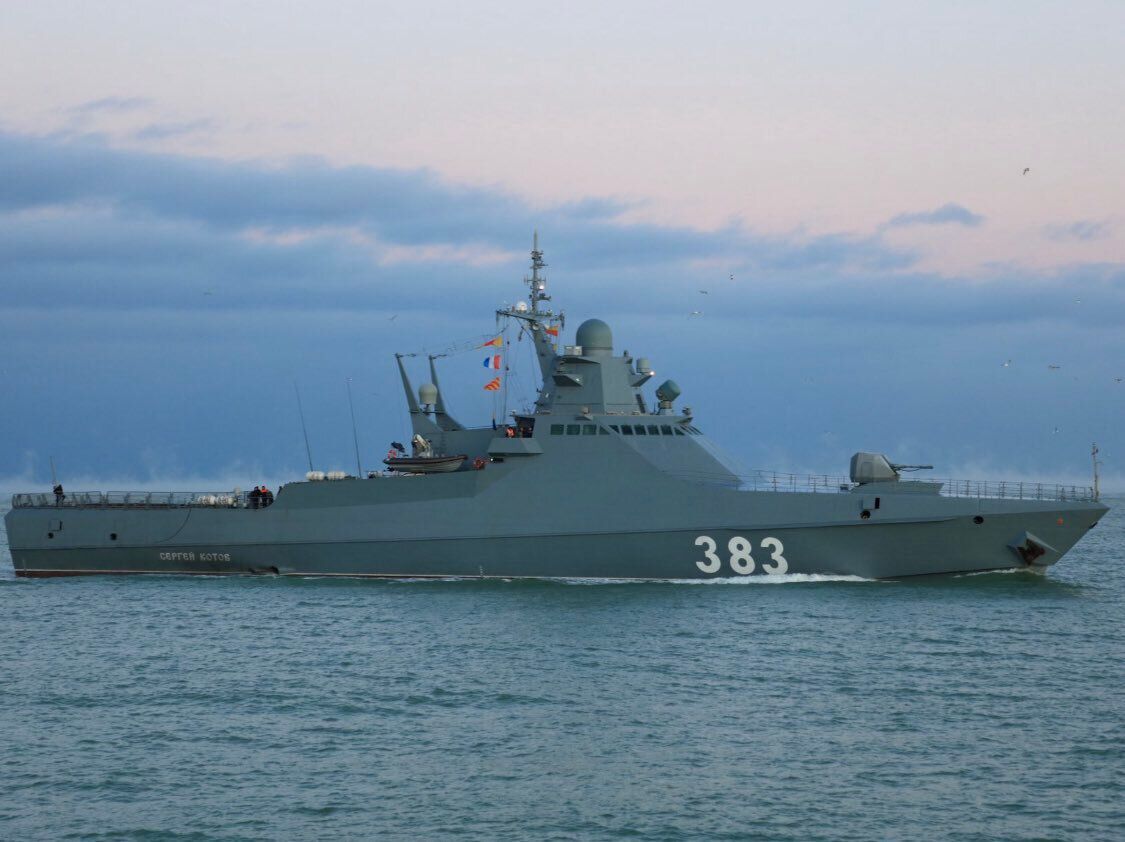Daily Flyer - March 5, 2024
A voice of Ukraine to the West

US Air Force employee indicted for leaking classified information about Russia's war
In a significant development, a civilian employee of the U.S. Air Force assigned to the U.S. Strategic Command has been arrested for allegedly disclosing classified information related to Russia's war against Ukraine. The accused, David Franklin Slater, a retired U.S. Army Lieutenant Colonel with a Top Secret security clearance, is reported to have leaked information obtained during briefings on Russia's full-scale invasion of Ukraine. Slater allegedly shared this sensitive information, including details on military targets and Russian military capabilities, with an individual claiming to be a woman living in Ukraine through an online dating platform. The arrest underscores the challenges of maintaining security protocols among individuals with access to top-secret information. If convicted, Slater faces serious legal consequences, including a maximum penalty of 10 years in prison, supervised release, and substantial fines. The case highlights the importance of maintaining the integrity of classified information in the context of evolving geopolitical conflicts.
Ukrainian Defence Intelligence strikes Russian patrol ship

The patrol ship of the Black Sea Fleet of the Russian Federation "Sergei Kotov" was involved in the performance of tasks for the protection of the Kerch Strait.
This was announced by the spokesman of the Naval Forces of the Armed Forces of Ukraine, Dmytro Pletenchuk, informs Censor.NET with reference to "Interfax-Ukraine".
"This (the ship "Serhiy Kotov". - Ed.) specifically performed the task of protecting the Kerch Strait, it did it, of course, illegally, it did it in the territorial waters of Ukraine, I remind you that shipping was prohibited by Ukraine last year in this part of the water area. However the Russians will not listen to our advice," he said on the air of the national telethon.
He added that in total, the enemy has four such ships in the Black Sea Fleet, but two of them have already been eliminated - "Sergiy Kotov" and "Pavel Derzhavin", which is undergoing repairs.
According to Pletenchuk, there are not many units of enemy ships left in Crimea, one missile-carrying ship of the "Karakurt" project is used as air defense, a sea-based anti-aircraft missile system "Pantsir S" is placed on board.
The spokesman of the Armed Forces Navy noted that sometimes Russian ships go to the Black Sea, but "not far away".
"In principle, for them ( Russians) the situation is quite difficult, they understand it, that is why the dispersal of the ship's crew is taking place closer to the ship part of the Black Sea. But, of course, they cannot leave the water area," he said.
The Defence Intelligence of the Ministry of Defence of Ukraine (DIU) has released information on the casualties among Russian personnel in the aftermath of the sinking of the patrol ship "Sergei Kotov" in occupied Crimea. According to preliminary reports, the attack on the vessel resulted in significant losses for the Russian forces, with 7 casualties marked as irreversible and 6 as sanitary. The incident adds a military dimension to the ongoing tensions in the region, emphasizing the challenges faced by Russian forces in their attempts to maintain control over maritime territories. The DIU report also suggests that a portion of the ship's crew, approximately 52 members, may have been successfully evacuated.
Russia planned to install air defenses on Sergey Kotov vessel

In a recent statement, Ukrainian military intelligence (HUR) spokesperson Andrii Yusov disclosed that Russian forces had intentions to equip the Sergey Kotov patrol vessel, reportedly destroyed on March 5, with an anti-aircraft missile system. The confirmation of the vessel's destruction came after Ukrainian Magura V5 naval drones targeted it off the coast of occupied Crimea. Yusov emphasized that the vessel, valued at over $60 million, had plans for additional capabilities, including anti-aircraft systems, beyond its role as a patrol boat. The incident marks a strategic setback for Russia's Black Sea Fleet, reducing its capacity for air defense systems. The Ukrainian Navy sees the destruction of such vessels as a positive development, enhancing its operational advantage in the region.
Despite sanctions, Russia's income from oil and gas sales in February increased by 80% compared to last year
In a surprising turn of events, Russia's revenue from oil and gas sales experienced an over 80% increase in February compared to the previous year, exceeding $10 billion. This boost in income occurred despite the Western sanctions imposed on Russia. The surge in prices for Russian oil played a crucial role in this financial upswing.
According to the Russian Treasury's report on March 5, the taxes collected on oil and gas reached RUB 945.6 billion (approximately $10.4 billion) last month. Bloomberg's calculations revealed that taxes on oil and petroleum products, constituting 84% of total hydrocarbon revenues, more than doubled.
The oil and gas sectors are vital contributors to Russia's national treasury, especially amid the escalating military expenditures associated with the invasion of Ukraine. Despite efforts by Western countries to curtail Russia's oil revenue through sanctions, the prices of Russian oil have risen.
Previously, the European Union banned most naval imports of Russian oil and petroleum products, and the G7 nations implemented a price restriction of $60 per barrel for Russian oil cargoes. Despite these measures, Russia has managed to navigate around the limitations by utilizing a shadow fleet of tankers and collaborating with non-Western buyers and service providers.
To counter the impact of price restrictions, Russia implemented a "price floor" mechanism, directing producers to calculate taxes based on an artificial $15-a-barrel discount for Urals to Brent. This unexpected resilience in oil and gas revenue poses a challenge to Western efforts to curtail Russia's financial resources through sanctions.

